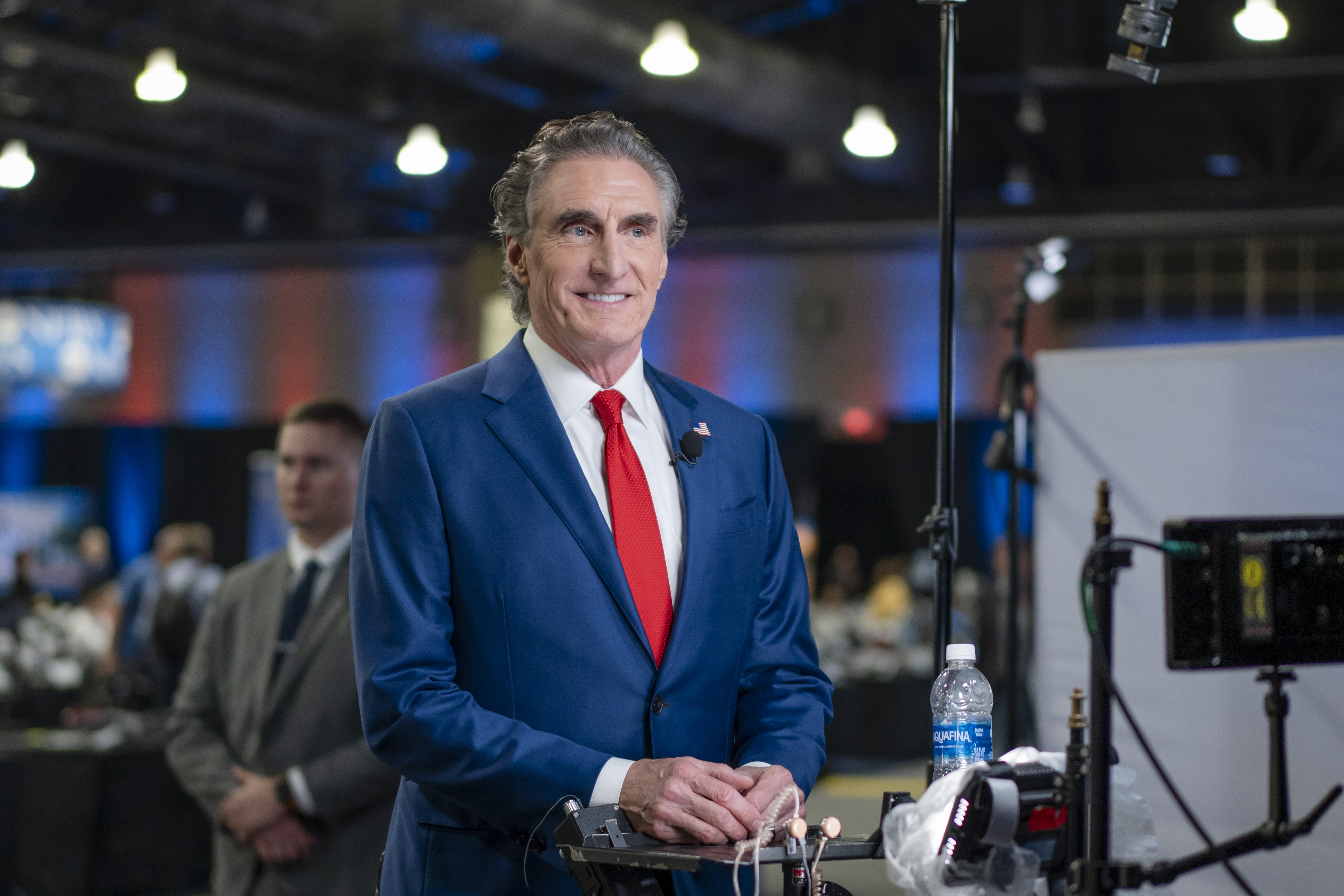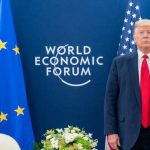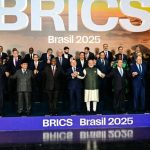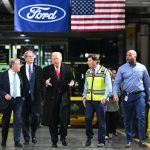
“They withheld shipping a certain type of magnet to all Western countries, not just the United States,” Burgum said. “We were facing, within weeks, every auto plant in the world being shut down.”
The Trump administration exempted electronics from boosted tariffs, and the CCP lifted the restrictions, but the episode underscored how vulnerable the United States and its trading partners are to China’s global dominance in critical minerals.
Boil it down further, and the vulnerability is even more stark, Jekielek said, noting that Chinese processors produce 85 percent of the “20 most important rare earth minerals” sold on global markets.
The CCP’s import restrictions are “a wake-up call for everybody in the West to say, ‘We’ve got to have secure supply chains,’” Burgum said.
It was already an urgent matter; on his first day back in office, Trump issued executive orders to declare an energy emergency and increase domestic energy production to “help ensure a more secure, predictable, and affordable supply of critical minerals and materials.”
“President Trump understands that, as part of the national energy emergency, we’re using every authority we have to bring those supply chains back home,” Burgum said. “That includes us getting back in the mining game. But also, we’ve got to get into the refining of those minerals.”

China, however, will still dominate the global minerals market for years. When its processors’ market shares are challenged, the CCP simply subsidizes them to scale up production and crash prices, making it unprofitable for competitors.
Burgum cited the fact that China overtly tried to knock MP Materials’ Mountain Pass Mine in California—until this summer, the nation’s only rare earths mine—out of business despite the establishment of a Department of Defense fund more than a decade ago to subsidize its reopening.
“When these guys had made a couple hundred million dollars, they were getting ready to go to an IPO. They had plenty of access to capital markets, commercial loans, bonds, and, then, all of a sudden, boom, the next year, they’re losing $200 million because China’s dumping in the market,” he said.
“This is just a playbook that China’s used to avoid market forces and just strategically, as a country, subsidize certain industries to gain control.”
Premature, Overplayed Hand
Burgum, who made millions of dollars as a software entrepreneur before serving two terms as North Dakota governor, said the CCP’s minerals market manipulation has spurred the administration to take an “extraordinary step.”
“Government should never be an equity participant in a company,” he said. “We’re not picking winners and losers. But in this case, we can come in, take a minority position, send a signal to the market that there’s going to be a partnership here.”
Government minority investment in key minerals can help markets weather CCP manipulation and, with select tariffs, encourage private investment to “create, again, a measure of protection for U.S. companies to be able to restart this mining industry.”

These “equity investments in multiple mineral companies” will help capital markets that “had stopped working successfully for private companies,” according to Burgum. But it will take time—and even more investments—to overcome the CCP’s decades-long supply chain machinations, he said.
The “exposure” Western industries saw in the spring remains a threat, he said.
“China said: ‘We’ll start shipping again. You just have to fill out this export form,’” Burgum said. “Well, the export form is requiring everybody from automakers to tech companies to defense companies to say exactly how they use the magnet, what product it goes into, [and] what are the dimensions. Is it for commercial or military use? It is essentially a giant intelligence-gathering capability.
“Again, we just can’t have this kind of dependence. And that’s why, again, under the Trump administration, we are in an energy emergency.”
However, the CCP may have overplayed China’s advantages, exposing its own vulnerabilities, Burgum said.
“In my view, China played their card too early. They played it at a time when we were not involved in any kind of kinetic war. … We’re in a cold war, essentially, a trade war,” he said. “They played it early, and that woke up America. Certainly woke up this administration.”
China has numerous issues to contend with, Burgum said, among them an “overblown stock market, the real estate overhang, the demographics that they have—an aging population—slowing economic growth, a lot of debt in their economy.”
Most significantly, Burgum said, “they’re the most energy-dependent country in the world.”
“They import 11.5 million barrels of oil a day—a day—just to keep the lights on,” he said. “So, in that sense, they’ve got a lot of dependencies. They’ve got economic security problems as well.”
And the Trump administration is making the CCP very aware of those vulnerabilities in trade negotiations.
“If the U.S. shuts its doors, it can replace those goods,” Burgum said. “That takes away the largest market in the world, and that can create a lot of havoc economically back home for China. I think they’re starting to realize that. I think they’re going to come to the table with some concessions.”











